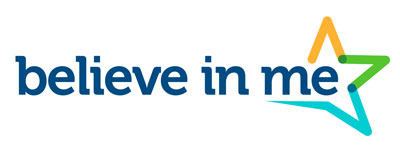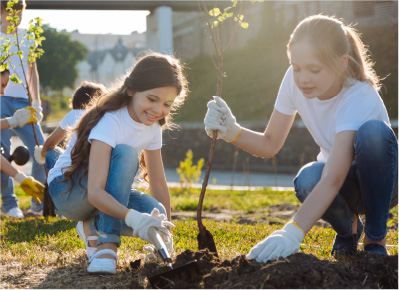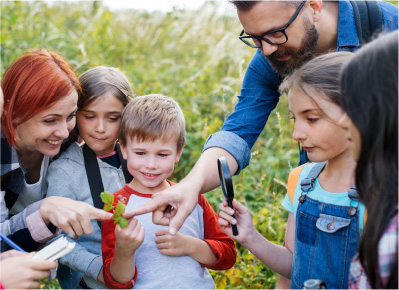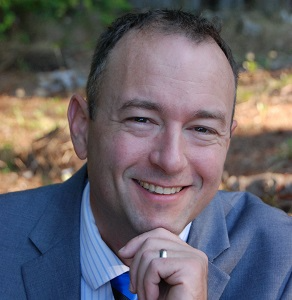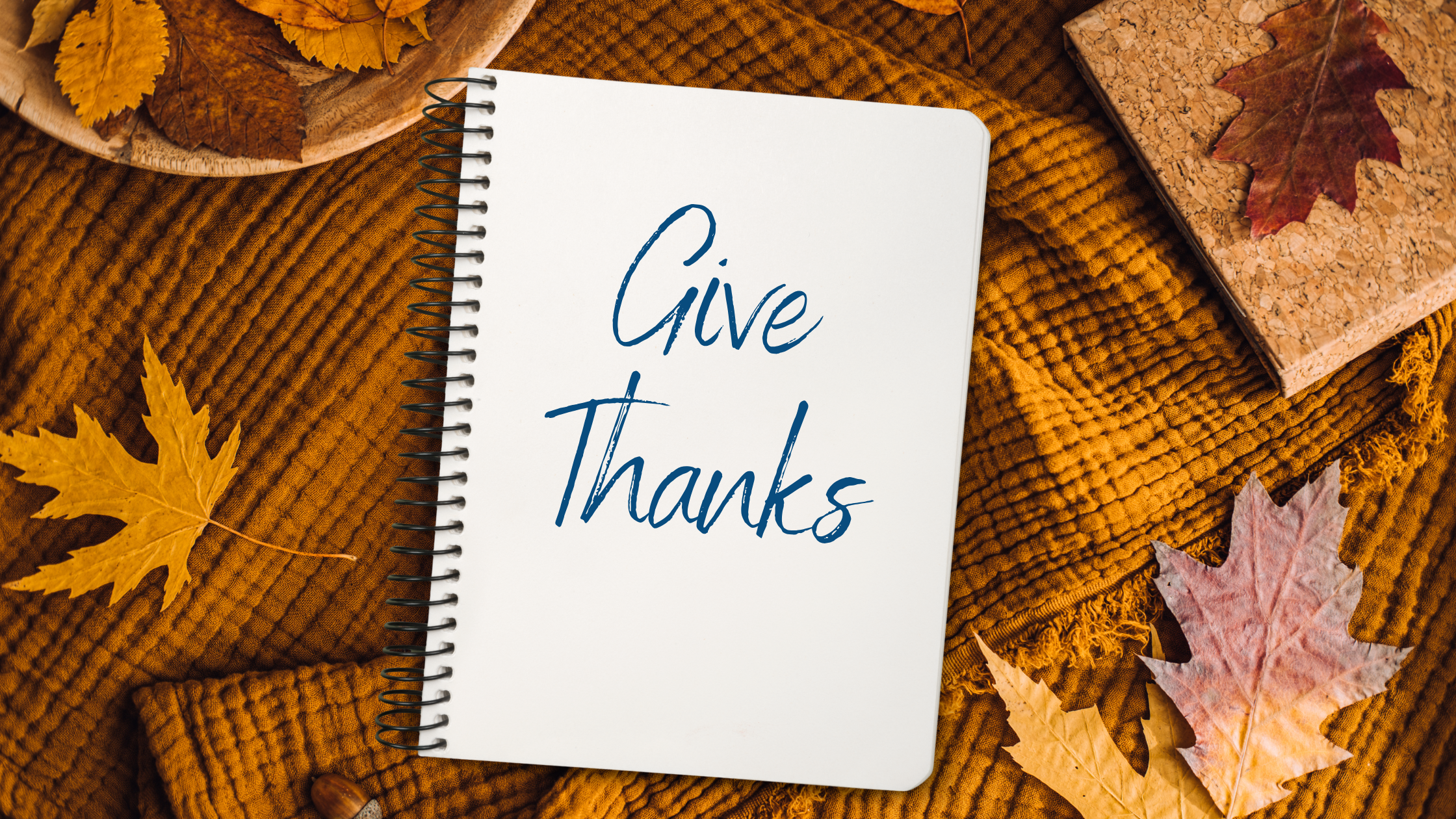Arguably one of the most important occasions on the National Days Calendar, National Love is Kind Day is similar to the Fourth of July in that it celebrates independence. More specifically, this day lauds a victim’s freedom from the oppression of domestic abuse. In addition to celebrating survivors, National Love is Kind Day poses the opportunity for everyone to support victims still suffering in silence and realize that they are worthy of real love that is kind—not abusive, demeaning, violent, or terrorizing. It is a day to become more aware of how you are treating others and vice versa, how you can spread the message of kindness, and how this promotes a healthier world. National Love is Kind Day was founded by mother-daughter duo Rose and Sunny Aiello on July 27th, 2018 to commemorate the day they escaped twenty-five years of domestic violence at the hands of Rose’s husband in the Middle East. Since returning to the United States, Rose recovered from devastating Post Traumatic Stress Disorder (PTSD) and became a best-selling author, speaker, and award-winning international entrepreneur. She and Sunny are now on a mission to help one million women and children find freedom from domestic abuse and live healthier, happier lives. To truly understand the significance of this national day, however, it is helpful to learn more about the struggles abuse victims face.
Here’s How Domestic Violence Victims are Affected
Domestic violence and child abuse are urgent issues in Spokane. Domestic violence is the number one 911 call. Spokane County’s child abuse rates are 52% higher than the state average, with 15 kids neglected per day. This has devastating effects: 1 in 3 women have had three or more adverse childhood experiences; children who have been abused are 59% more likely to be arrested as a juvenile and 30% more likely to commit a violent crime as an adult. Adult survivors of child abuse are also more likely to experience physical health problems, mental health problems, homelessness, suicidal behavior, eating disorders, alcohol and substance abuse, and high-risk sexual behavior. More generally, people who have experienced any abuse often are easily overwhelmed, anxious, irritable, or cry frequently. They also may become more distrustful of others and fearful of being left alone with a member of the opposite sex, experience PTSD, and feel compelled to ruminate on thoughts or events. Abuse and its effects are not just limited to women and children, either—anyone can be a victim of abuse, and there are many different types in addition to child abuse and domestic violence. This includes but is not limited to emotional abuse, sexual abuse, mental abuse, financial abuse, spiritual abuse, cultural abuse, neglect, abandonment, or exploitation.Escaping Domestic Violence Is Difficult. Here’s How to Help Survivors
Learning to recognize the signs of abuse is the first step to protecting yourself and others. The power and control wheel is a helpful visual of common tactics used by abusers, most commonly in situations of domestic violence. Types, signs, and reporting procedures for child abuse can be found here. Knowing how to help yourself or others escape an abusive situation in a thoughtful, safe, and informed way is also vital. However, it is important not to judge victims for not escaping right away, or at all, as many complex factors keep them from doing so. Abuse victims are exceptionally strong and more than deserving of celebration.What You Can Do to Celebrate National Love is Kind Day
There are many simple and fun ways to celebrate this important day. First, realize that being kind to others starts with being kind to yourself and that you are worthy of respect and love. Accept nothing less and set healthy boundaries in your relationships to live a more joyful, productive life. Begin to exchange negative self-talk and other destructive habits for more positive ones and watch your life change for the better. If you are comfortable, you may consider sharing your freedom story with trusted loved ones or on the Love is Kind Movement Facebook group, The Love is Kind Network Facebook page or tag the network in a tweet using #TheLoveIsKindMovement. If you are not ready to share your freedom story, you can also share your acts of kindness using #LoveisKindDay, #LoveisKind, and #LoveisKindNotTerrorizing. Lastly, believe the stories of victims who may reach out to you and refer them to local resources.Ways to Support Freedom from Domestic Violence in Spokane
Get Help If you suspect you or someone else is experiencing domestic violence or abuse, please find an extensive, but not exhaustive, list of local resources, many of which are from Spokane Cares and the YWCA of Spokane below. To anyone experiencing or who has experienced abuse, you are not alone. There is hope and help always ready for you, and you deserve to find freedom. Child Abuse Resources- CPS – Child Protective Services (Spokane County): (509) 363-3333 . 8 a.m.- 4:30 p.m./M-F, or (800) 562-5624 after 4:30 p.m., and weekends.
- The National Child Abuse Hotline: 1-800-4-A-CHILD
- Abuse Recovery Ministry & Services (A.R.M.S.) Spokane: 484-0600 http://www.armsonline.org
- Vanessa Behan Crisis Nursery: (509) 535-3155. Distressed families can drop off their children with no questions asked.
- National Domestic Violence Abuse Hotline: 1-800-799-7233
- YWCA 24hr Helpline FAQs Call: 509-326-2255 | Email: [email protected] | Text: 509-220-3725
- If you’re not sure where to begin, use these confidential 24hr helpline services to be connected with a friendly individual who will connect you to a resource that is meaningful to you.
- People experiencing domestic violence or people who suspect a friend is experiencing domestic violence can use this line to ask questions, troubleshoot, as a resource guide, obtain a connection to partnering services, or talk through a difficult situation with a friendly person.
- YWCA Counseling Center/Safety Planning 509.789.9297
- Use this line to schedule a one-on-one counseling appointment at the YWCA counseling center or to help you create a custom safety plan.
- YWCA Legal Advocates 509-477-3656
- YWCA Legal Advocates Emergency 24hr Helpline 509-789-CALL (2255) If you need immediate assistance obtaining a legal advocate, call this number.
- View even more of YWCA’s extensive services including shelter for domestic violence survivors, clothing, career services, youth camps, childcare, trauma prevention and support services, and education programs here.
- Sexual Assault and Family Trauma Response Center 24hr Confidential Sexual Assault Crisis Line (SAFeT at Lutheran Community Services): 509-624-7273. This resource can be used to obtain counseling for PTSD post-sexual assault. LCS helps anyone who identifies as a crime victim and all services are free. Services are trauma-informed and seek to understand each individual and their situation.
- You can text during business hours, Monday-Thursday 8 am-5 pm and Friday 8:30 am-5 pm.
- Check out other LCS services like medical care, legal advocacy, mental health support, education, and outreach here.
- National Teen Dating Abuse Helpline: 1-866-331-9474
- National Sexual Assault Hotline: 800-656-4673Spokane Police Dept. (non-emergency): (509) 456-2233
- Washington State Crime Victim Crisis Line: 888-288-9221
